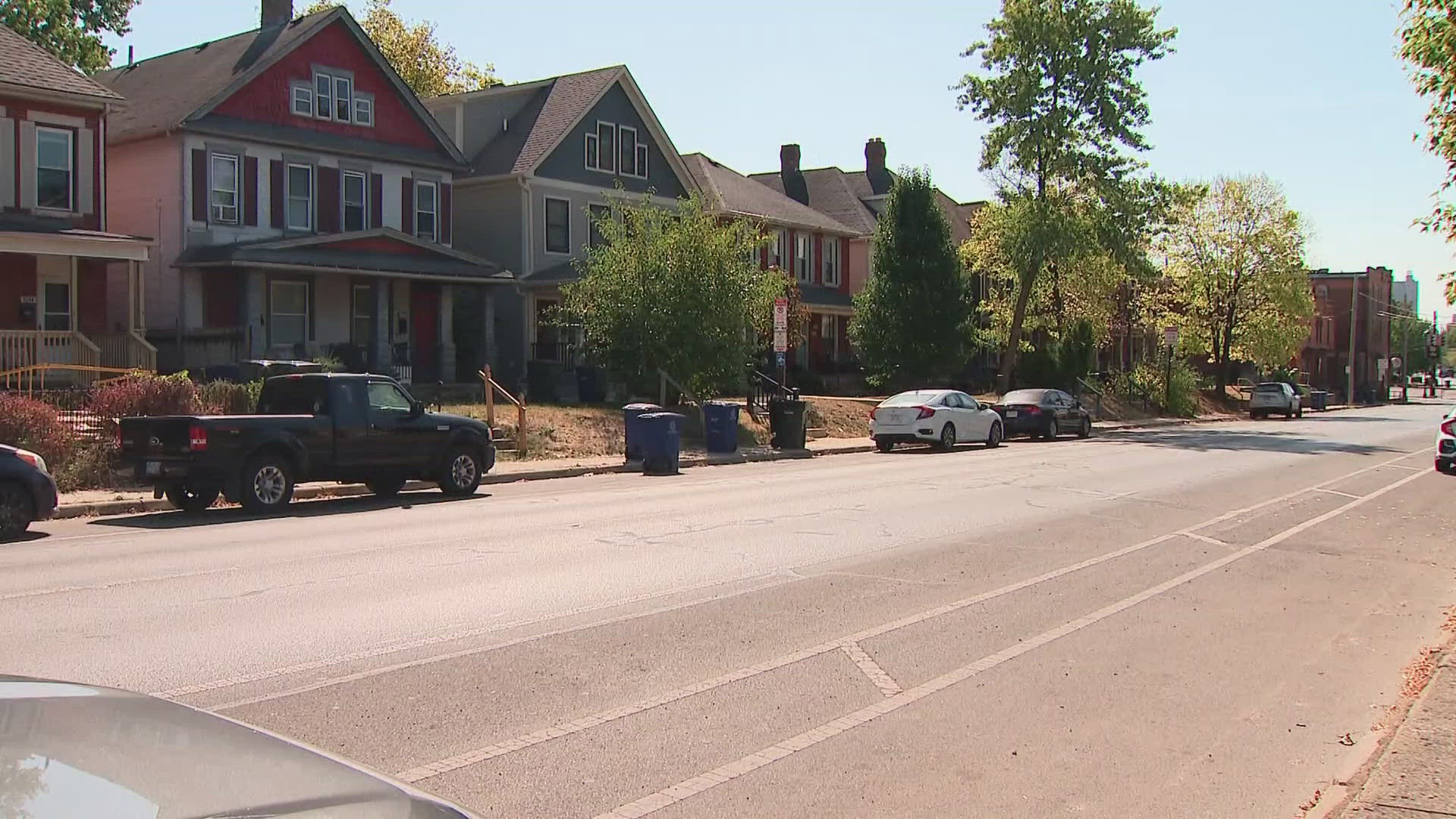COLUMBUS, Ohio — Over the past several years, the City of Columbus has licensed a growing number of short-term rental properties, registered on sites like Airbnb and VRBO.
In 2024, there are 1,729 licensed short-term rentals, up from 1,639 in 2023, 1,357 in 2022 and 778 in 2021.
“It continues to go up at some point I am sure there will be a saturation level because at the same time in the last three years, we have seen a huge increase in hotel rooms, especially in the city area around the Convention Center and the Short North/campus area going down into the entertainment district with the sports teams. Obviously, there is a very high draw for our city,” said Tony Celebrzze, deputy director of the Columbus Department of Building and Zoning Services.
Rental hosts must work with the Department of Building and Zoning Services to renew their licenses each year.
“We do look at police runs and other nuisance complaints to 311 or even 911 and then the director makes the decision to grant the license or registration to an Airbnb or short-term rental for the coming year,” Celebrezze said.
Nancy Patzer and her neighbors in Italian Village have noticed more properties are being rented to short-term guests.
“That is not to say that all of them are bad, I have some neighbors who live adjacent to the Airbnbs or nearby neighborhoods that do a great job and are very responsive to the comments that their physical neighbors give like, ‘This party was too loud,’ etcetera, but there are problem properties and the proliferation of Airbnbs makes the chances of having more problem properties that much greater,” Patzer said.
Some cities around Columbus have taken a strict approach to short-term rentals.
In Upper Arlington, short-term rentals are banned in residential neighborhoods.
The City of Dublin allows short-term rentals for a maximum of two weeks each year.
In Bexley, homeowners can rent out their properties for short-term stays for a total of up to 60 days each year. Mayor Ben Kessler said that action was taken in 2020 in response to issues of large parties and litter in residential areas. He said the new regulations have been effective.
“The housing unit needs to be someone’s principal place of residence that they are renting out on a short-term basis. Maybe they are a snowbird or going on a long vacation and want to make some extra income,” Kessler said.
Columbus does not have any regulations that limit how many short-term rentals can be registered in a neighborhood.
“If an owner wants to rent out their property, they think that is a better business opportunity than renting it to a tenant for twelve months, we have got to respect that to a degree and at the same time make sure the people coming and staying in the Airbnbs are not disrupting the neighborhood,” Celebrezze said.
The Department of Building and Zoning Services just took over the short-term rental licensing in April from a different department. Celebrezze said there could be some changes to the codes and he anticipates the public will be asked for their input.

